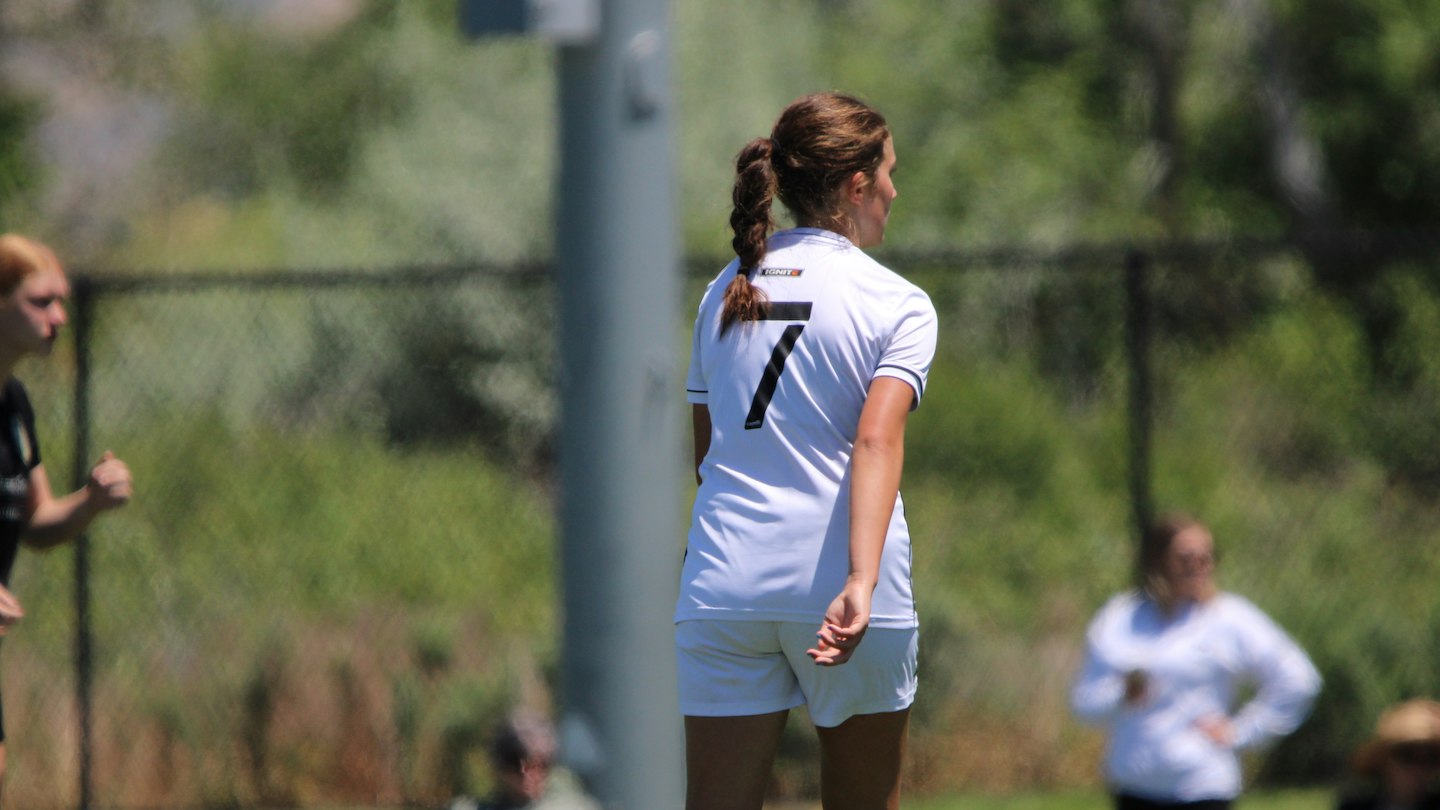Yesterday was a big day in the college soccer world. June 15th marked the opening of the active recruiting window for rising juniors, and phones across the country started ringing with college coaches extending their first official offers. If your phone stayed silent, you’re probably feeling a mix of disappointment, anxiety, and uncertainty about your future in soccer.
Take a deep breath. Your story is far from over.
The Reality of Recruiting Timelines
First, let’s put June 15th in perspective. While it’s true that top Division I programs often move quickly to secure their priority recruits, the vast majority of college soccer players don’t receive their first contact on day one of the recruiting window. Many successful college players didn’t hear from coaches until their junior or even senior years.
The recruiting process extends well beyond this single date. Coaches have scholarship budgets to manage, roster spots to fill, and they’re evaluating hundreds of players throughout the next two years. Just because you weren’t at the top of their list in June doesn’t mean you won’t be there in August, December, or next spring.
What to Do Right Now
Don’t panic, but don’t sit still either. This is your moment to take control of your recruiting journey rather than waiting for coaches to find you.
Start by honestly evaluating your current level. Are you consistently one of the best players on your club team? Do you dominate in your age group and league? If not, focus on development first. The gap between good high school players and college-level talent is significant, and coaches can spot the difference immediately.
Get serious about your academics. College coaches recruit student-athletes, not just athletes. A strong GPA and test scores can open doors that athletic ability alone cannot. Many players with modest soccer skills earn roster spots at excellent academic institutions because they bring value in the classroom.
Create a compelling recruiting profile. Put together a highlight video that showcases your best moments, but keep it concise – coaches won’t watch more than 3-4 minutes. Include your academic information, athletic achievements, and contact details. Make it easy for coaches to see why you’d be a valuable addition to their program.
Cast a Wide Net
If you were only considering Division I schools, it’s time to expand your horizons. Division II and III programs offer outstanding soccer experiences, often with more playing time and better coach-to-player ratios. NAIA schools and junior colleges can also provide pathways to four-year programs.
Research schools that match both your academic interests and athletic abilities. Don’t just look at rankings – consider factors like team culture, coaching philosophy, location, and academic programs. The “best” college for you might not be the most prestigious one.
Reach out proactively. Don’t wait for coaches to contact you. Send personalized emails to coaching staffs, expressing genuine interest in their programs. Attend their camps and showcases. Show up to their games when possible. Recruiting is often about relationships, and you need to start building them.
Focus on What You Can Control
Use this motivation to fuel your improvement. The next 18 months are crucial for your development. Work with trainers to address weaknesses in your game. Study soccer intelligently – watch professional matches and analyze positioning, decision-making, and tactics. Seek feedback from qualified coaches about your realistic college prospects. Club coaches, high school coaches, and camp instructors can provide honest assessments of your abilities and advice on appropriate target schools.
Stay visible. Play in high-level tournaments and showcases where college coaches are likely to be scouting. But remember, it’s not just about being seen – it’s about performing when you’re being watched.
Keep Perspective
College soccer is incredibly competitive, with thousands of talented players competing for limited roster spots. Not receiving early interest doesn’t reflect your worth as a person or even as a player – it simply means the timing and fit weren’t right with the coaches who were active on June 15th.
Many successful college players and even professional athletes weren’t early recruits. Some of the most determined, hardest-working players are those who had to fight for their opportunities rather than having them handed to them.
Your soccer journey doesn’t end if college doesn’t work out exactly as planned. There are club teams, adult leagues, and other ways to stay involved in the sport you love while pursuing your education and career goals.
The Path Forward
June 15th was one day in a much longer process. The coaches who will ultimately want you might not even know you exist yet. Your job is to make sure that when they do discover you, you’re ready to seize that opportunity.
Stay focused, stay hungry, and keep working. Your phone might ring tomorrow, next month, or next year. When it does, make sure you’re prepared to show them why they should have called sooner.








